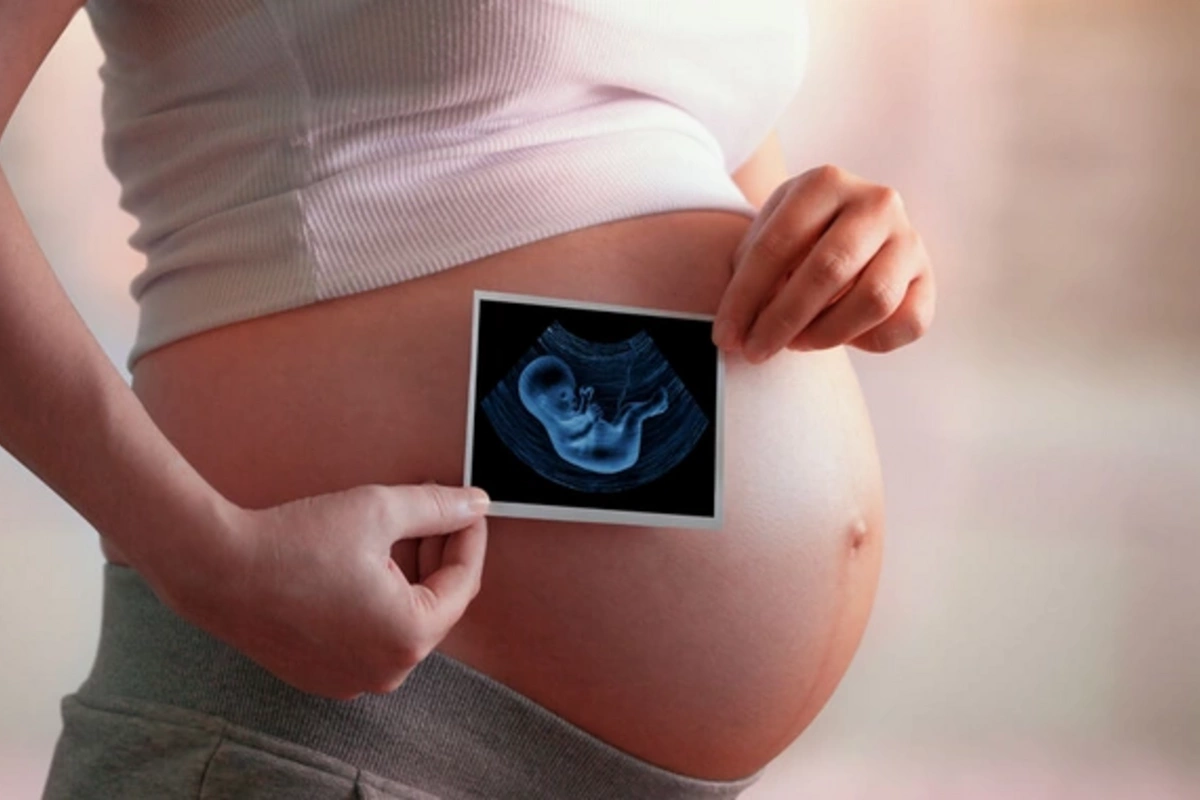04 Jul , 00:30
0

Evolutionary mystery revealed: scientists discovered how mother-fetus relationships formed over 100 million years
Scientists from the University of Vienna have made a breakthrough in understanding the evolution of pregnancy in mammals. Researchers traced how cellular interactions between mother and fetus formed over more than 100 million years, and discovered that key mechanisms for successful pregnancy appeared long before humans. The research results are published in the prestigious scientific journal Nature Ecology & Evolution (NEE).
The scientific team conducted a detailed analysis of gene activity in individual cells at the boundary of the uterus and placenta in six animal species, including humans, mice, and opossums. A surprising discovery was that invasive placental cells, which were previously considered a unique feature of humans, are actually an ancient evolutionary trait present in many mammals.
The study shattered the common perception of pregnancy as a constant conflict between mother and fetus. Contrary to this opinion, most signals between them turned out to be well-coordinated, although in certain genes, such as IGF2, signs of "genetic confrontation" were indeed observed.
Scientists also established that during evolution, both mother and fetus actively adapted to each other: placental mammals developed new forms of hormonal regulation, which allowed for a significantly extended pregnancy period and ensured more complex offspring development.
The research methodology, combining cellular analysis and evolutionary modeling, opens new perspectives not only for understanding the origin of pregnancy but also other biological systems.
"Now we can trace the evolution of not just organ